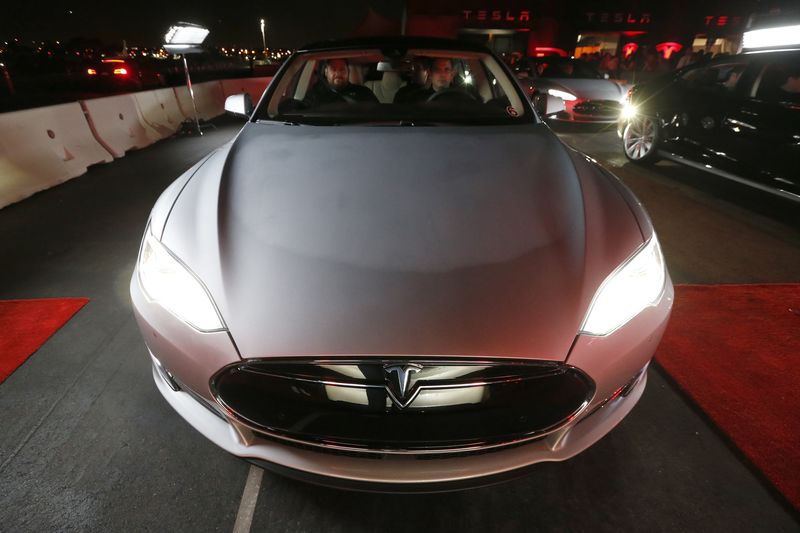By Michael Elkins
An exclusive report by Reuters today shows that the world’s top electric vehicle makers are prepared to spend nearly $1.2 trillion through 2030 to develop and produce electric vehicles, along with the batteries and raw materials to support production.
Reuters compiled public data and projections released by these companies to show that the EV investment figures dwarf previous investment estimates by analysts and is more than twice the most recent calculation published by the site just a year ago. Automakers have forecast plans to build 54 million battery electric vehicles in 2030, representing more than 50% of total vehicle production, according to the analysis.
Leading the pack is Tesla (NASDAQ:TSLA). CEO, Elon Musk has outlined plans to build 20 million EVs in 2030. To do that, his company is requiring an estimated 3 terawatt-hours of batteries. Musk said in late October that the EV maker is already working on a smaller vehicle platform targeted to cost half as much as the Model 3 and Model Y.
Behind Tesla is Germany's Volkswagen (ETR:VOWG_p). The automaker’s plans through the end of the decade target over $100 billion to build out its global EV portfolio, add new battery "gigafactories" in Europe and North America and lock up supplies of key raw materials.
Japanese automaker, Toyota (NYSE:TM) is investing $70 billion to electrify vehicles and produce batteries. The company expects to sell at least 3.5 million battery electric models (BEVs) in 2030. It plans at least 30 different BEVs and expects to transition the entire Lexus range to battery electric over that span.
American automaker, Ford Motor Company (NYSE:F) has been expanding its spending level on new EVs and is now at $50 billion. Ford is expecting at least 240 gigawatt-hours of battery capacity with its partners as it aims to produce around 3 million BEVs in 2030.
Mercedes Benz (OTC:DDAIF) has allocated at least $47 billion for EV development and production. Two-thirds of that spending will go to boost the company’s global battery capacity with partners to more than 200 gigawatt-hours.
BMW, Stellantis (NYSE:STLA) and General Motors (NYSE:GM)) each plan to spend at least $35 billion on EVs and batteries, with Stellantis laying out the most aggressive battery program with a planned 400 gigawatt-hours of capacity with partners by 2030. Stellantis is also planning to include our plants in North America.
Shares of TSLA, F, GM and STLA are up 2.65%, 3.10%, 3.14% and 1.06% respectively near end of day trading on Friday while TM is currently down 0.17%.
